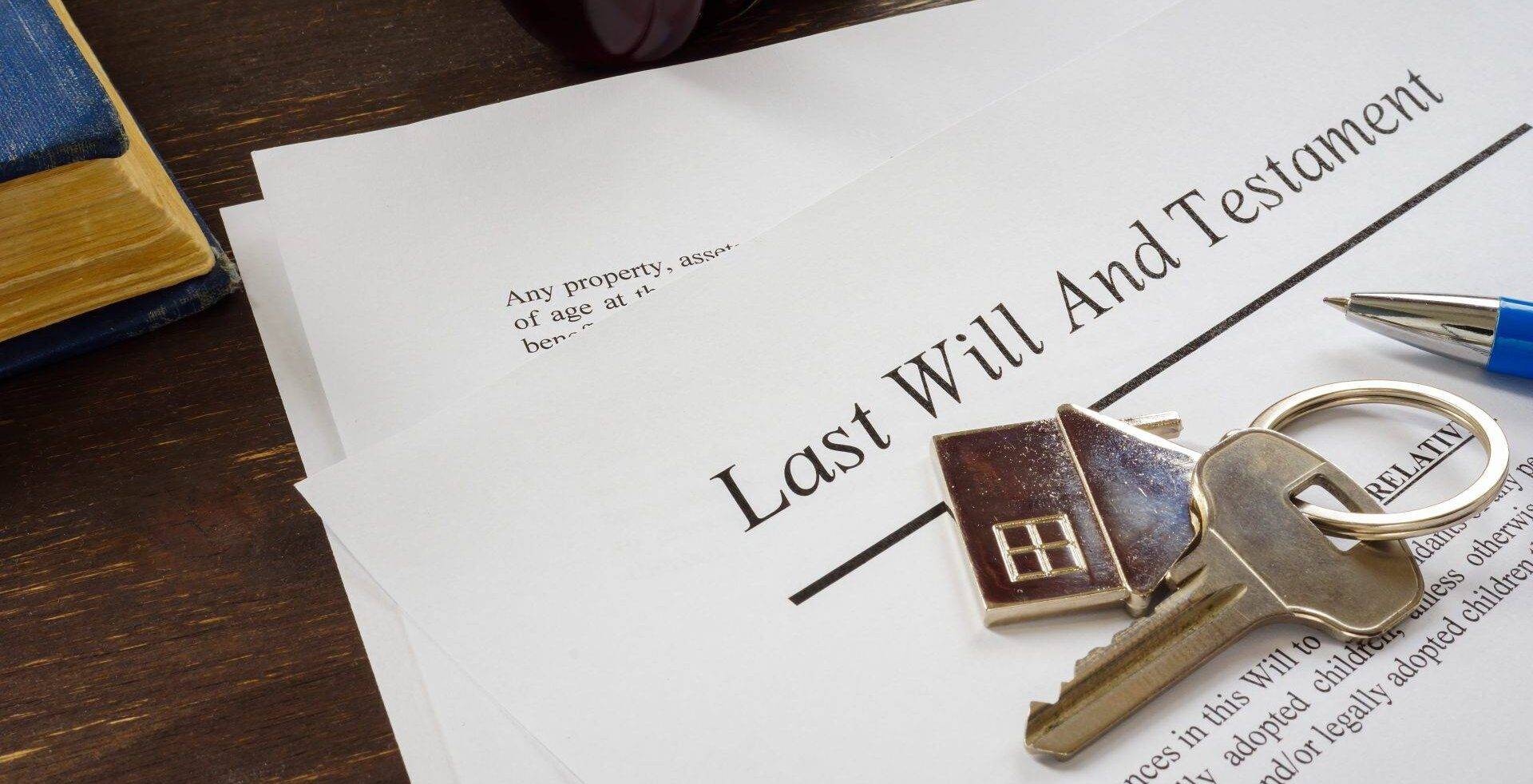Whilst rare, there have been several cases where perpetrators have sought to engineer situations with a view to gaining from a deceased person’s estate. In the worst of these cases, the perpetrators were impatient in terms of waiting for the testator to die and accordingly took it upon themselves to accelerate the process.
Case law – Mr D’Wit
An example of a man on trial at Chelmsford Crown Court for murder, who is accused of re-writing the Deceaseds’ Wills is Mr D’Wit. Mr D’Wit is accused of re-writing Mr and Mrs Baxter’s Wills the day after he is accused of killing them at their home. The Crown Court heard from the prosecutor’s barrister that Mr D’Wit had poisoned Mr and Mrs Baxter with a drug known as Fentanyl and then re-wrote their Wills on his telephone.
The Will that was published following the commencement of the trial is a very odd document. It is not professionally drawn up and bears little resemblance to a proper last Will and Testament. Whilst that is the case, it is possible for individuals to create valid homemade Wills, as long as they comply with the requirements of the Wills Act 1837.
For the reasons set out in our previous blog, it is advisable to seek professional advice in respect of the preparation of a Will.
If Mr D’Wit is found guilty of the matters that he has been accused of, what impact would that have on the document that he claims to be the Will of Mr and Mrs Baxter?
The first point to note is that Mr D’Wit is accused of creating the purported Wills a day after Mr and Mrs Baxter died. A Will is the testamentary document of an individual and it would be impossible for them to comply with the requirements of the Will Act 1837. For example, in terms of them executing the Will in the presence of two witnesses, if they are already dead. This would therefore demonstrate that the document is a forgery and accordingly would not be enforceable.
If the document was found to be a valid document and not a forgery, if Mr D’Wit was found guilty of murdering Mr and Mrs Baxter, he would not be able to benefit from the terms of the Will in any event on the basis of the Forfeiture Act 1982 unless the Court granted him permission to benefit (see here and here for further information on forfeiture). Permission in the circumstances of murder would be extremely rare (e.g. a longstanding history of abuse by the Deceased of the perpetrator).
Comment
The circumstances of Mr and Mrs Baxter’s death would not seem to create any viable argument for permission to be granted upon Mr D’Wit being convicted. In any event, it appears that all Mr D’Wit was left in the purported Will was a lifetime paid directorship of Mr and Mrs Baxter’s company. Clearly, if Mr D’Wit is convicted of murder, he is likely to be sentenced to a significant period of incarceration and accordingly would be unlikely to be able to fulfil the role of director in any event.

How can we help?
Kevin Modiri is a Partner in our expert Dispute Resolution team, specialising in commercial disputes, insolvency, inheritance disputes, data breach claims and defamation claims.
If you have any questions concerning the subjects discussed in this article, please do not hesitate to contact Kevin or another member of the team in Derby, Leicester, or Nottingham on 0800 024 1976 or via our online enquiry form.
Contact usIf this article relates to a specific case/cases, please note that the facts of this case/cases are correct at the time of writing.


